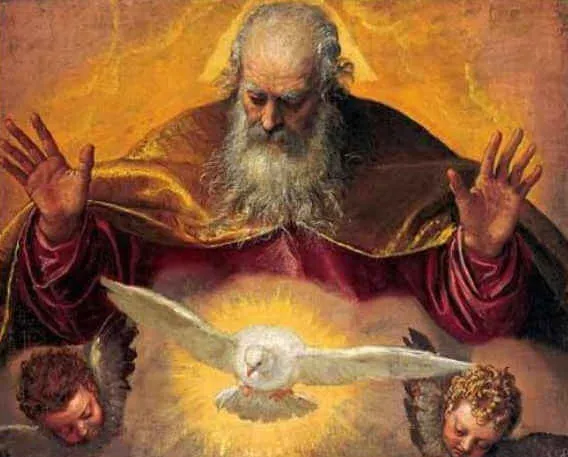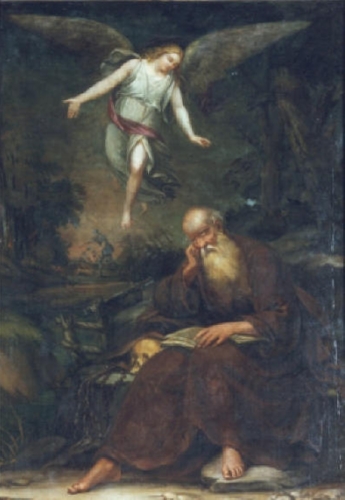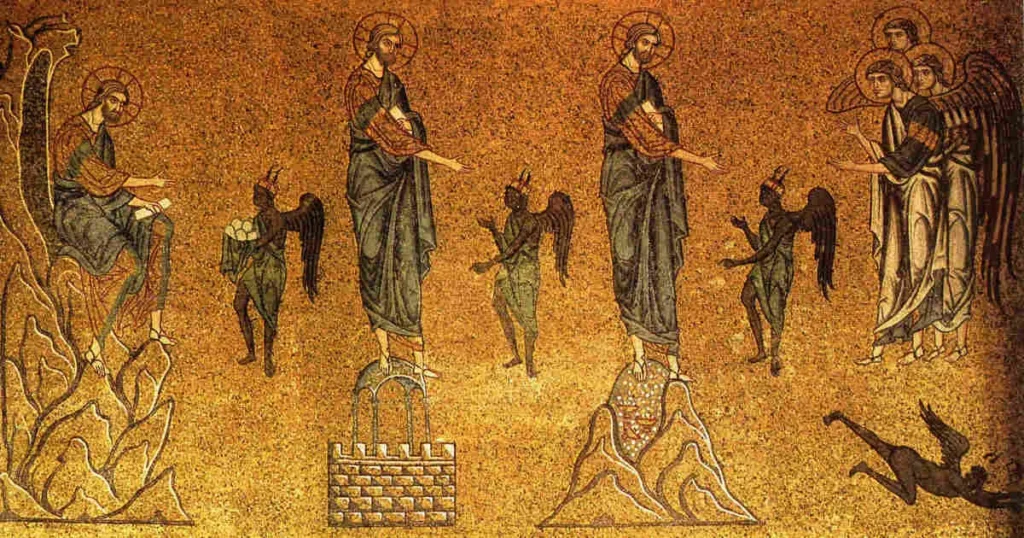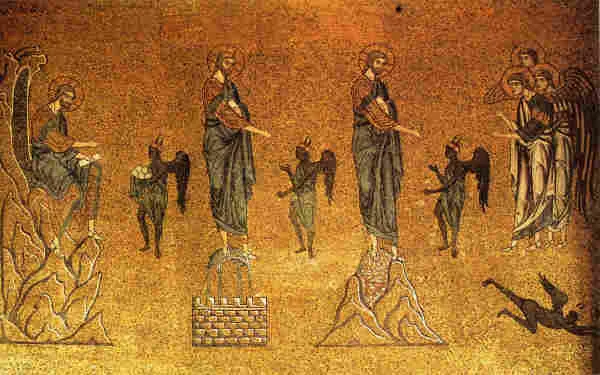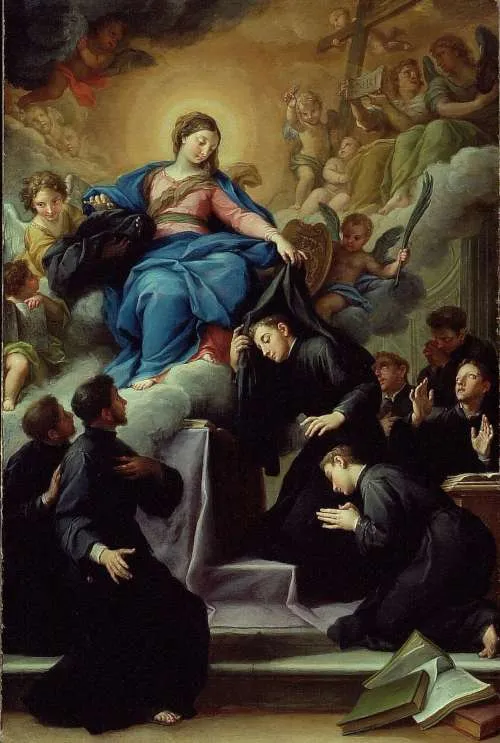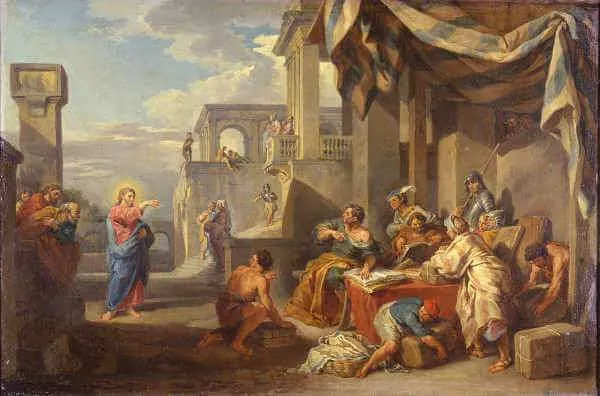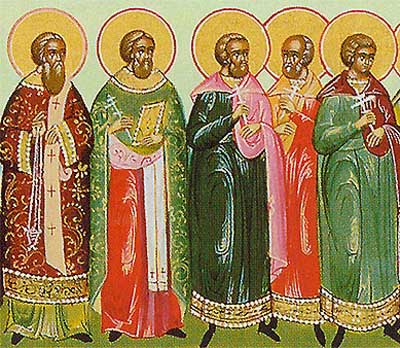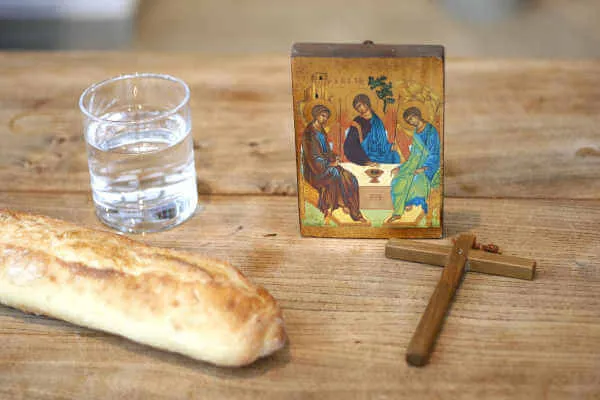Matthew 6:7-8
Praying the Our Father
“Jesus said to his disciples: ‘In praying, do not babble like the pagans, who think that they will be heard because of their many words. Do not be like them.'”
Reflection:
Recall that Jesus used to go off by Himself at times and spend the whole night in prayer. Thus, it’s clear that Jesus is in favor of long and sincere times of prayer, since He gave us His own example as a lesson. But there is clearly a difference between that which our Lord did all night and that which He criticized the pagans for doing when they “babble” with many words. After this criticism of the prayer of the pagans, Jesus gives us the “Our Father” prayer as a model for our personal prayer.
The Our Father prayer begins by addressing God in a deeply personal way. That is, God is not just an all-powerful cosmic being. He is personal, familial—He is our Father. Jesus continues the prayer by instructing us to honor our Father by proclaiming His holiness, His hallowedness. God and God alone is the Holy One from which all holiness of life derives.
As we acknowledge the holiness of the Father, we must also acknowledge Him as King and seek His Kingship for our lives and for the world. This is accomplished only when His perfect will is done “on earth as it is in Heaven.” This perfect prayer concludes by acknowledging that God is the source of all of our daily needs, including the forgiveness of our sins and protection from all evil.
Upon the completion of this prayer of perfection, Jesus provides a context in which this and every prayer must be prayed. He says, “If you forgive men their transgressions, your heavenly Father will forgive you. But if you do not forgive men, neither will your Father forgive your transgressions.” Prayer will only be effective if we allow it to change us and make us more like the Father in Heaven. Therefore, if we want our prayer of forgiveness to be effective, then we must live what we pray for. We must also forgive others so that God will forgive us.
Reflect, today, upon this perfect prayer, the Our Father. One temptation is that we can become so familiar with this prayer that we gloss over its true meaning. If that happens, then we will find that we are praying it more like the pagans who simply babble the words.
But if we humbly and sincerely understand and mean every word, then we can be certain that our prayer will become more like that of our Lord’s. Saint Ignatius of Loyola recommends pondering every word of that prayer very slowly, one word at a time. Try to pray this way, today, and allow the Our Father to move from babbling to authentic communication with the Father in Heaven.
Source: https://catholic-daily-reflections.com/2024/02/19/praying-the-our-father-3/


